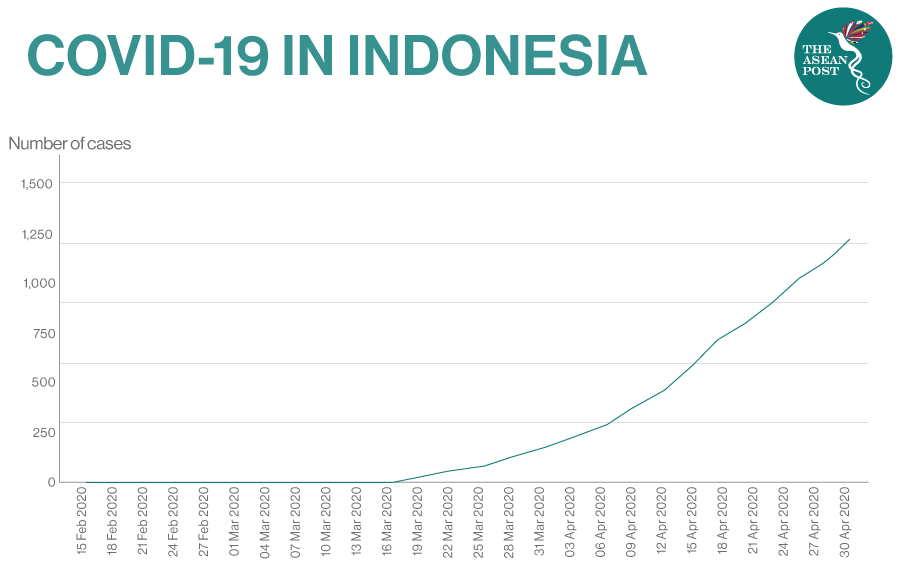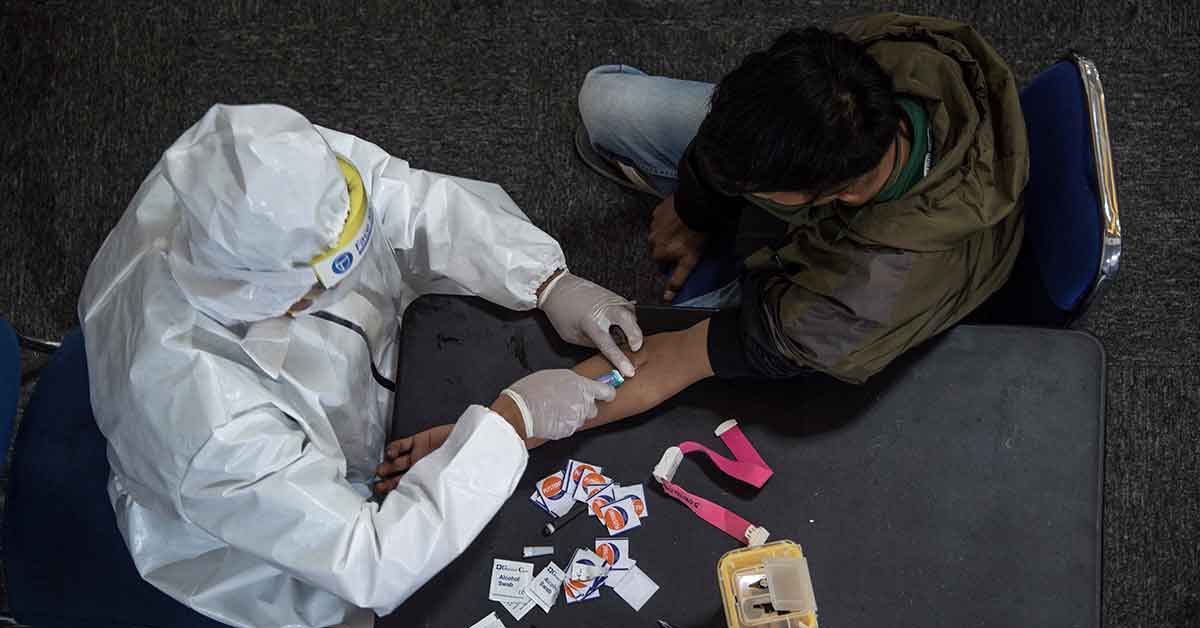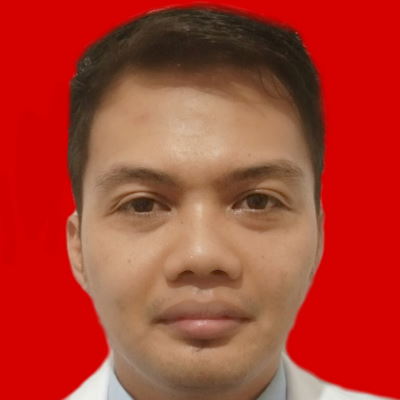It has now become evident that the COVID-19 pandemic is much more than just a global problem for the healthcare sector. The pandemic has triggered a chain of events that has affected other sectors and has led to immense issues such as economic and social security. Furthermore, the COVID-19 pandemic has revealed a morality flaw in our society. It is a miserable fact that during this difficult time in our history when humanity is being tested to its limits, there are those who are selfish, irresponsible and have resorted to unconscionable actions.
One of the most significant problems we have faced so far since COVID-19 cases were confirmed in Indonesia is the irrational price rise of some goods particularly those related to healthcare services. Some people perceive the outbreak and subsequent pandemic as an economic opportunity instead of a moment to act unselfishly.
They buy essential items that they do not need such as surgical masks, N95 masks, hand sanitizer and the other personal protective equipment (PPE) in bulk just to resell them later at much higher prices. This irresponsible behaviour has resulted in PPE scarcity and extremely high prices for those still available in the market which sometimes could reach more than 10 times the normal price.
It is obvious that greed has blinded some people during the COVID-19 pandemic. They have no qualms in monetising our hardships, struggles and grief. Unfortunately, this practice doesn’t only affect PPE availability in the market but also adds an additional burden on our performance at health service facilities across Indonesia. Therefore, many front liners at hospitals and primary health care centres are forced to wear raincoats or create their own PPEs. The hospital where I am currently working at has very limited resources despite its status as a referral hospital for COVID-19. It feels like we are being pushed into a war zone daily without sufficient arms to do battle.
Creating PPEs for daily use is undoubtedly not a job for health professionals or hospitals. They are instead supposed to be serving patients after they are provided with proper PPEs to wear. Therefore, it is very infuriating when opportunistic sellers offer PPEs to health workers at exorbitant prices. The existence of such people who lack a sense of responsibility has only had a negative effect on the quality of our health care system’s services. Their greedy actions have compromised the health and endangered the lives of many underserved patients and medical workers who are not properly protected due to the lack of PPEs.
In a capitalist system, price is indeed determined by the balance of demand and supply. However, in an unprecedented situation such as the pandemic, sellers should also take into account the unique situation that we are facing today. They cannot afford to be heartless capitalists and opportunist amid a difficult situation. Trying to gain as much profit while others are risking their lives daily facing infection and death is immoral.

We have also seen people going to a supermarket for shopping while wearing full PPE including a hazmat suit, face protector and gloves. This is another clear example of the complete lack of common sense since PPEs were never intended for such a purpose (shopping). What is the point of going out for shopping wearing a full PPE while medical workers in hospitals are serving COVID-19 patients in raincoats?
Another horrible example of the lack of humanity and compassion amid the coronavirus pandemic is the rejection of medical workers and those who have died of COVID-19 by local communities. My fellow male nurse at the hospital had to move to a hotel because his housemates (rumah kos) would make rude gestures and avoid him when he returned home from his duty at the hospital. The same poor treatment of health workers and COVID-19 survivors has also been seen in other regions in Indonesia these days. For example, the family of a female nurse at Kariadi Hospital Semarang who sadly died from COVID-19 was rejected by the local community. Her desperate mother was crying and begging the residents to allow a proper burial for her daughter.
These are just a couple of heart-breaking stories of front liners who risk their lives daily for others at hospitals but do not even have a place to call home at the end of the day. Even when they die, their bodies are unnecessarily rejected by their own communities despite the fact that dead bodies are no longer infectious after burial. Our front liners often face rejection when they should actually be honoured and treated with respect in recognition of their selfless dedication.
The COVID-19 pandemic should be strengthening our sense of humanity, making us help each other more by showing compassion and understanding for those less fortunate than us. If we don’t respond in a positive manner, then our fight against this deadly virus will only get tougher than it already is. One should never try to benefit from others’ struggles and hardships. I believe that there are still many people out there who are unconditionally ready to lend a hand during this difficult time to prove that conscience and humanity still exist in society.
While infections continue to spread, and economic instability and social disturbance becomes more prevalent, the love of humanity is our only hope in the fight against this dreaded coronavirus. The pandemic is already devastating enough. But what could be worse than the loss of a sense of humanity or the absence of conscience?
Related articles:

